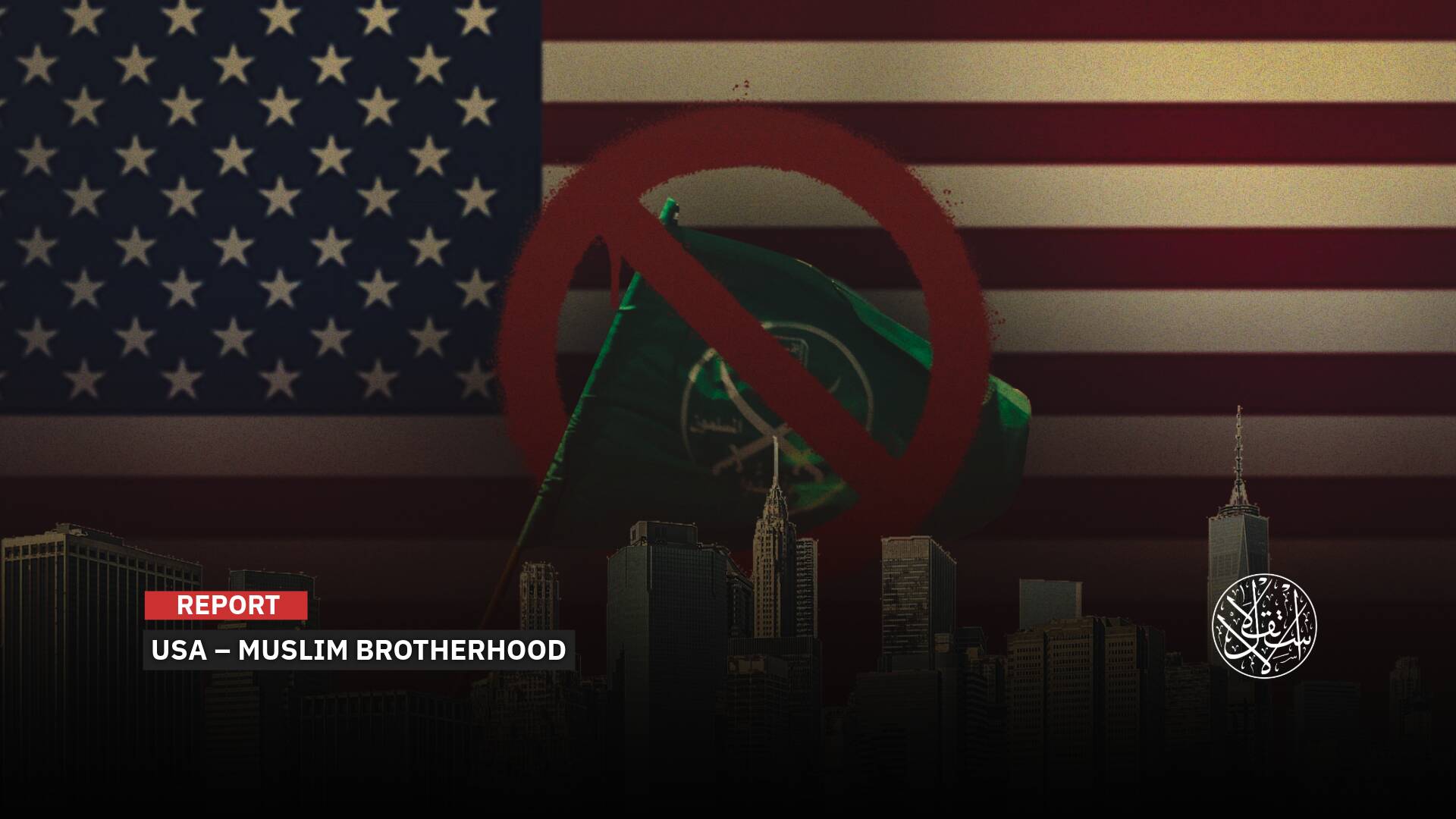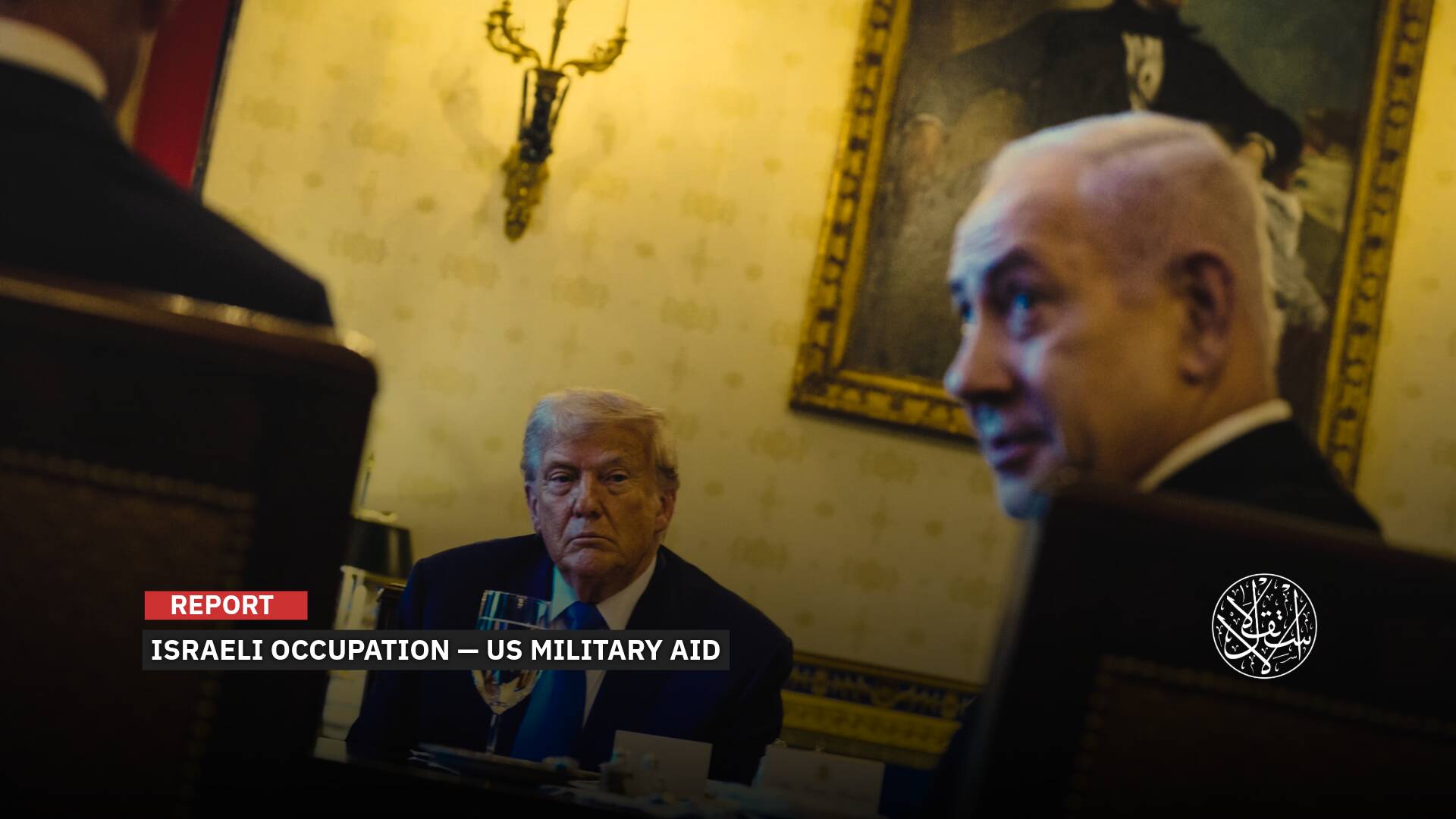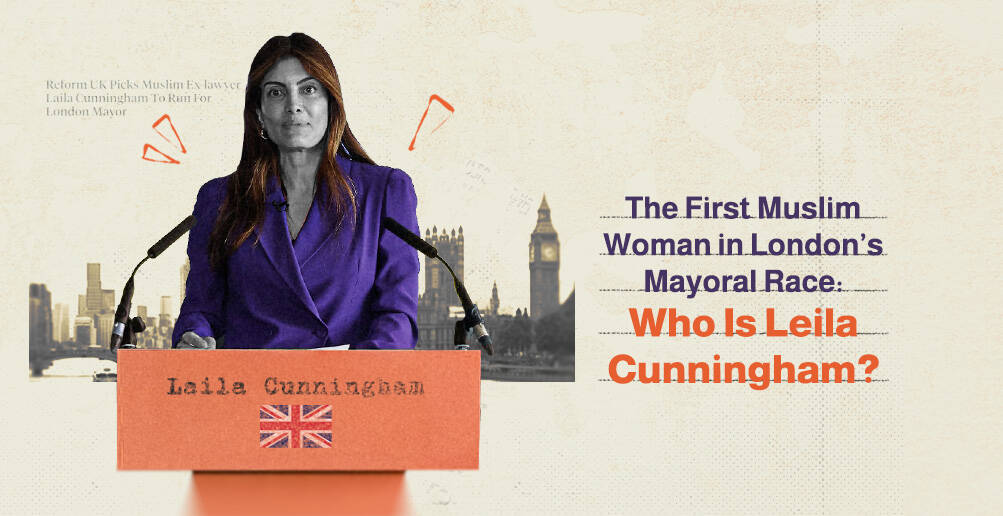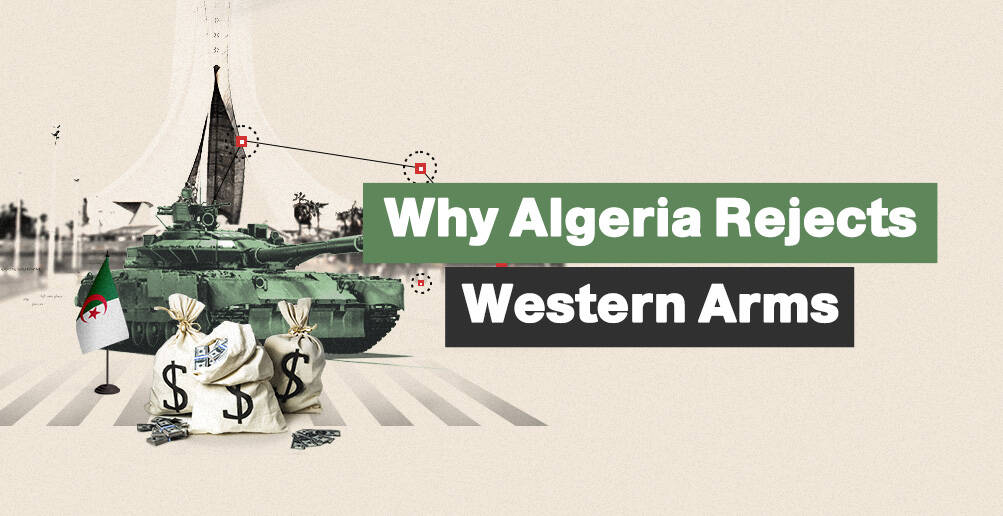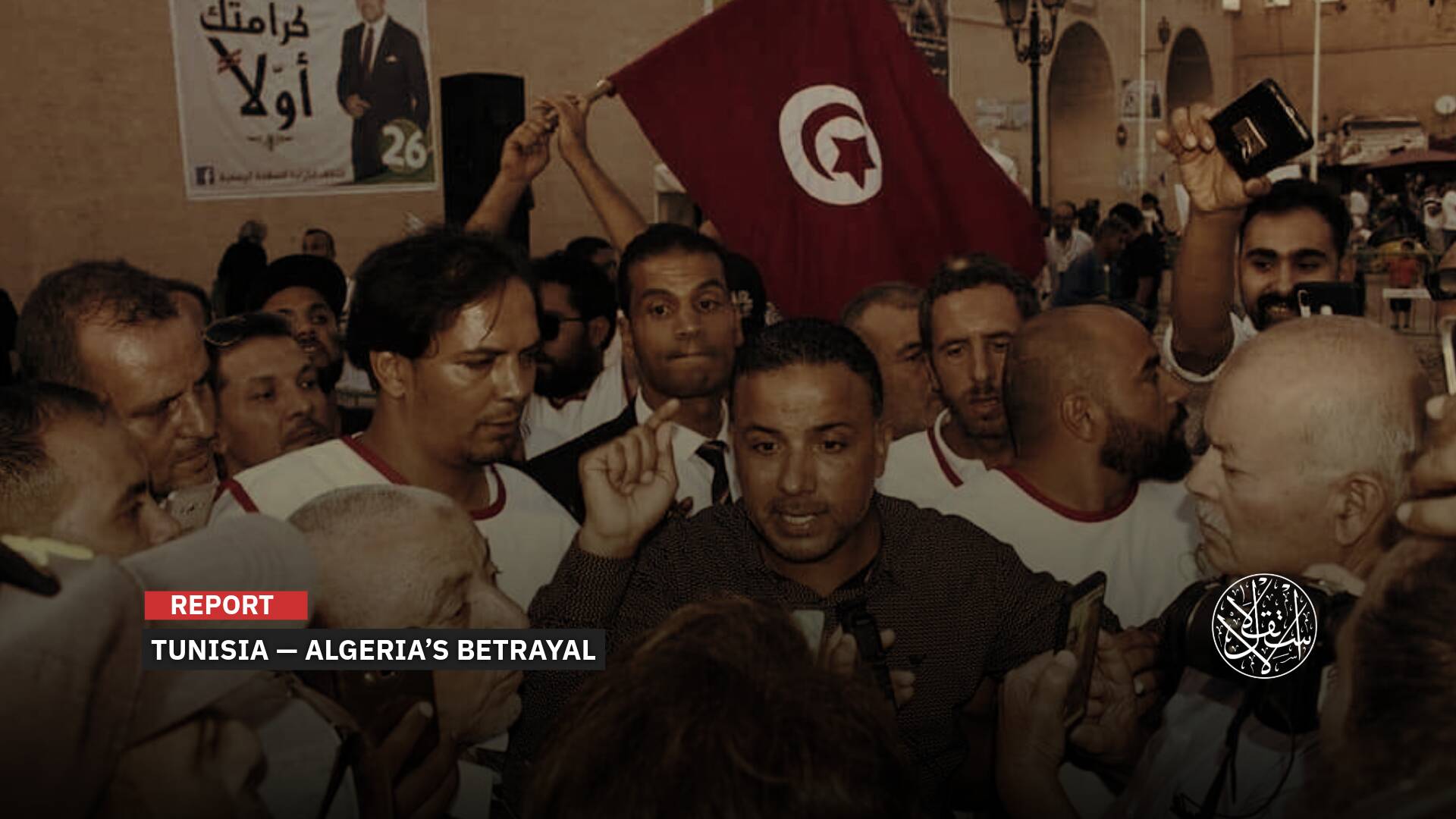Amid Internal Divisions, This Is How the Turkish Opposition Seeks to Restore Foreign Tutelage Over Turkiye

The Call to the Second Century conference recently organized by the Turkish opposition Republican People’s Party (CHP) to explain its vision of Turkiye’s leadership once it came to power revealed major differences between party members as well as between the various other opposition components.
CHP leader Kemal Kilicdaroglu claimed that Turkiye fell behind in the first and second industrial revolutions, claiming that the new vision of his party would place Turkiye at the heart of the new industrial revolution.
The appointment of the American expert Jeremy Rifkin as an economic advisor to Kilicdaroglu also sparked widespread controversy and criticism in Turkiye, while some pointed out that the Turkish opposition seeks to restore Western tutelage over Turkiye.
The pace of preparations for the ruling Justice and Development Party and the opposition parties for the elections is currently accelerating, with about 6 months remaining until the date of the elections, in light of the continuing ambiguity about the candidate of the opposition alliance for the presidential elections.
Opposition Vision
In response to the centennial vision announced by Turkish President Recep Tayyip Erdogan more than a month ago, the CHP organized on December 3, 2022, the Call to the Second Century conference in Istanbul, during which it presented its economic vision in case the opposition wins the parliamentary and presidential elections scheduled for June 2023.
The conference was also attended by opposition leaders who form what is known in Turkiye as the “Table of Six” party alliance, referring to the six parties that formed this table, which are the Republican People, the Good, the Felicity, the Future, Democracy and Progress, and the Democratic Party.
In addition to the presence of posts via video technology, foremost among them came a speech by former German assistant chancellor Jeremy Rifkin, who said in his speech that he would be an industrial advisor to the leader of the CHP, Kamal Kilicdaroglu.
The first disagreements within the opposition party appeared when Kilicdaroglu did not shake hands with the mayor of Greater Istanbul, Akram Imamoglu, after the end of his speech and bypassed him to shake hands with those next to him in the first ranks of the conference.
The same thing was repeated with the CHP leader in Istanbul, Canan Kaftancioglu, who did the same thing. She also ignored Imamoglu and did not exchange any conversations with him throughout the conference, which extended throughout the day, despite their close relationship.
CHP leaders’ disregard of the mayor of Istanbul came amid news reported by Turkish media about Imamoglu’s efforts to run for the upcoming presidential elections, despite his previous announcement of supporting the candidacy of the CHP leader, to which Imamoglu belongs, to run against Turkish President Recep Tayyip Erdogan.
• Ekrem İmamoğlu’nu yoksaydılar!
— Bugün Güncel (@BugunGuncel) December 4, 2022
▪️CHP'nin vizyon belgesi “İkinci Yüzyıl Çağrısı” programında Canan Kaftancıoğlu’dan sonra Kemal Kılıçdaroğlu’nun da İBB Başkanı Ekrem İmamoğlu’nu görmezden geldiği kameralara yansıdı. pic.twitter.com/D4w7Miua3t
On the level of disagreement between the components of the Turkish opposition bloc, the CHP leader announced at the end of his closing speech at the conference his participation in the upcoming presidential elections, despite the opposition front announcing that its candidate for the presidential elections will be through a statement by the leaders of the Table of Six, and it will not be by a single party.
However, Kilicdaroglu’s announcement of his participation in the upcoming presidential elections comes as a preemptive step, according to the Turkish media that followed the conference, to impose a fait accompli on other opposition leaders, especially in light of the prominent opposition to Kilicdaroglu’s candidacy by the Good Party and its leader, Meral Aksener.
Aksener had said in statements to the Haber Turk channel on December 2 that the criteria for candidacy are clear, and the candidate must come out of the Table of Six and be able to win the elections, confirming that her party will not withdraw from the alliance.
Turkish writer Abdulkadir Selvi revealed in a report on Hurriyet newspaper on December 5, 2022, quoting sources from the CHP, that Aksener’s statements disturbed Kilicdaroglu, adding that there may be a joint candidate and it may be several candidates, but the CHP only has its leader as a presidential candidate.
In turn, Turkish writer Zafer Shaheen saw, in a report on Milliyet newspaper on December 6, 2022, that Aksener does not intend and does not have the strength to scatter the Table of Six, and only exercises political maneuvering and seeks concessions from Kilicdaroglu in exchange for approving his candidacy.
It is noteworthy that the Table of Six alliance will hold two meetings with the Future Party and then with the Good Party this December, and attention will be directed to the third meeting with the Felicity Party in January 2023, as it is expected that the issue of the joint candidate will be clarified next month.

Foreign Tutelage
On the other hand, the appointment of the opposition leader in Turkiye, Kemal Kilicdaroglu, the American expert Jeremy Rifkin, as his economic advisor sparked controversy and widespread political debates in the country, while others saw this step as a return to foreign tutelage over Turkiye and granting the West wide privileges in the country.
On December 3, 2022, Kilicdaroglu announced the vision of the Republican People’s Party, which deals with the problems afflicting the Turkish economy, consisting of 13 proposals, according to the Daily Sabah newspaper.
In his speech, Kilicdaroglu touched on the criticism leveled at him because of his visits to the United States and Britain, saying: “I went there, and I had meetings. Regardless of what some say, I will not back down or abandon the visionary journey that I believe in…I will continue on my way, and soon I will visit Germany.”
He added that “during and after my tour, I spoke with 70 personalities and invited them to join a unified force above politics,” which is an economic team that will work on building economic, financial, and investment policies.
Kilicdaroglu said that “Jeremy Rifkin is the head of the new industrial transformation of my team, which also includes the American-Turkish economist Dr. Daron Acemoglu, economic parliamentarian Faik Oztrak, Assistant to the President of the CHP, Economist Dr. Refet Gurkaynak, Poverty Expert Hacer Foggo, Ufuk Akcigit, Hakan Kara, Selin Sayek Boke, and others.”
Rifkin works as an advisor to a number of politicians, in addition to being an economic and social theorist. He worked as an advisor to the French government during its presidency of the European Union in 2008 and to German Chancellor Merkel, Portuguese Prime Minister Jose Socrates, and Slovenian Prime Minister Janez Jansa. He has also provided advisory services to the European Commission, the European Parliament, and many political institutions in Europe and Asia.
Dr. Daron Acemoglu is considered one of the most important academics in the world and a lecturer at the Massachusetts Institute of Technology. He supported the Justice and Development Party’s economic policy at the beginning of the party’s rule before retracting it.

In turn, Turkish President Erdogan said: “Those who rely on imported economic advisors instead of focusing on the Turkish special economic program cannot lead the future of this country.”
On its part, Yeni Safak newspaper criticized the new economic staff of the CHP, describing Daron Acemoglu as a defender of the so-called Armenian genocide that Turkiye is accused of, in addition to the American Jeremy Rifkin, who has previously stated the need to reduce the world’s population.
The newspaper linked Kilicdaroglu’s visit to the United States and Rivkin’s appointment as an advisor within his party’s new economic team.
The newspaper pointed out that “the sums of money that Rifkin receives for the lectures he gives at conferences and activities organized in the United States and Britain has caused a sensation in the media; as the amount he receives for one lecture ranges between $30,000-$100,000.”
The newspaper also revealed that “Rivkin received, on various dates during the past two years, support worth $330,000 from the Rockefeller family organizations, which own the world’s largest wealth and are called Zionist money barons.”
CHP Genel Başkanı Kemal Kılıçdaroğlu'nun ithal ekonomisti Jeremy Rifkin'in, Rockefeller ailesine ait kuruluşlardan çeşitli tarihlerde para desteği aldığı ortaya çıktı.
— Yeni Şafak (@yenisafak) December 6, 2022
In turn, Asli Deniz Baykal, the daughter of the former CHP leader, who recently resigned from the party’s leadership, said in a statement to Sabah newspaper on December 6, 2022: “Kilicdaroglu will run in the elections with Rifkin. In the event of his unlikely victory, he will return foreign concessions to Turkiye…I cannot understand Kilicdaroglu’s Western inferiority complex at all.”
Abdulkadir Selvi yazdı: Aslı Baykal bombaladı: CHP, ya Erdoğan ya Rifkin dedi
— Hürriyet.com.tr (@Hurriyet) December 6, 2022
@abdulkdir_selvihttps://t.co/W64uY8PaLW pic.twitter.com/JgnPoq5ubm
Turkish journalist Ibrahim Karagul wrote in a tweet: “Jeremy Rifkin speaks and CHP cadres listen to him. No party or political movement can humiliate itself in this way.”
“It is frightening. The United States and Europe have taken over the management of the CHP, which has opened its doors to political occupation,” he continued.
“The CHP has come under tutelage, and has appointed a guardian over the party. Will they appoint a guardian over Turkiye? This is their plan,” he added.
Jeremy Rifkin konuşuyor, CHP kadrosu dinliyor.
— İbrahim Karagül (@ibrahimkaragul) December 3, 2022
Hiçbir siyasi hareket kendini
bu kadar küçük düşüremezdi.
Ürpertici.
CHP’yi ABD ve Avrupa devralmış.
Siyasi “işgal”in kapılarını açmış.
CHP vesayet altında. "Kayyum" atamışlar.
Türkiye için de kayyum atayacaklar mı?
Plan bu!
Representative of the Justice and Development Party, Alpay Ozalan, criticized Rifkin’s failure to attend the meeting in person, and contented himself with only giving a speech remotely, adding that such submissiveness and deceit is unprecedented in the history of Turkiye.
Toplantıya gelmeye bile tenezzül etmeyen Amerikalı Jeremy Rifkin'in Başdanışman yapılması, CHP ve ortaklarının vizyonunu gösteriyor.
— Alpay Özalan (@alpayozalan35) December 3, 2022
Böyle eziklik, böyle teslimiyetçilik, böyle çapsızlık Türkiye tarihinde görülmemiştir.
Turkish academic Salman Ogut said that Rivkin’s failure to attend the meeting and only speaking from the United States is a message to Kilicdaroglu, saying: “I am not your advisor, but your leader, and we will rule as we want.”
Kılıçdaroğlunun Amerikalı Danışmanı Jeremy Rifkin CHP'nin programına gelmeye bile tenezzül etmedi. Pograma Amerikadan bağlanarak şu mesajı vermiş oldu: "Ben sizin danışmanınız değil akıl hocanızım, siz de sömürgesiniz. Biz nasıl istersek öyle yönetiriz." pic.twitter.com/L9mQLyBIyc
— Selman ÖĞÜT (@selmanogut) December 3, 2022
Electoral Competition
According to what political analyst Mahmoud Alloush told Al-Estiklal, “the economic file assumes great importance in the electoral competition. Opposition parties seek to develop an economic vision capable of attracting voters’ votes.”
“The opposition can criticize the government for its economic performance, but it is still unable to present a clear economic project,” he said.
“The opposition is adopting some clear economic headlines that are very different from Erdogan’s vision,” Mr. Alloush added.
He continued by saying, “Resorting to influential Western economists would help the opposition in developing an integrated economic project, and it would also be a means to build public relations with the economic circles in the West.”
Mr. Alloush also indicated that “the opposition has a project to reach power and realizes that its gateway to that is presenting an economic project capable of competing with Erdogan’s economic model.
“Opposition leaders are also essentially adopting an economic approach aligned with the West on the issue of interest rates and central bank independence. This harmony also applies to foreign policies and expresses similar ideologies rather than being dependent,” the political analyst noted.
In another context, Mr. Alloush revealed that “it is clear that the opposition is unable to agree on a unified candidate due to Kilicdaroglu’s efforts to impose himself as a candidate on all members of the alliance.”
“Kilicdaroglu’s plan is that others will be forced to support him in the end because the opposition’s entry into the electoral race without consensus will show it powerless and incapable of governing,” he added.
Mr. Alloush also pointed out that “Ekrem Imamoglu’s chances are slight because Kilicdaroglu will not allow any other figure in the Republican People’s Party to compete with him. The competition for the presidency is a crucial issue for Kilicdaroglu.”

The Turkish political agenda is witnessing a state of great tension with the upcoming parliamentary and presidential elections, which are expected to take place in June next year, which the Turkish president described as a crossroads.
Meanwhile, the Turkish opposition parties are seeking to consolidate their ranks to reach power after 20 years of the Justice and Development Party’s control of the reins of power in the country.
Sources
- Turkiye’s CHP forms technocratic committee to advise the govt
- Turkish opposition promises deep-rooted change in new vision
- IYI Party leader says opposition’s presidential candidate should attract every voter group
- The allure of foreign advisors
- kilicdaroglu agreed with Rifkin for how much money [Turkish]
- Aksener's four conditions [Turkish]
- Aslı Baykal bombed the CHP's vision document: They said either Erdogan or Rifkin [Turkish]



